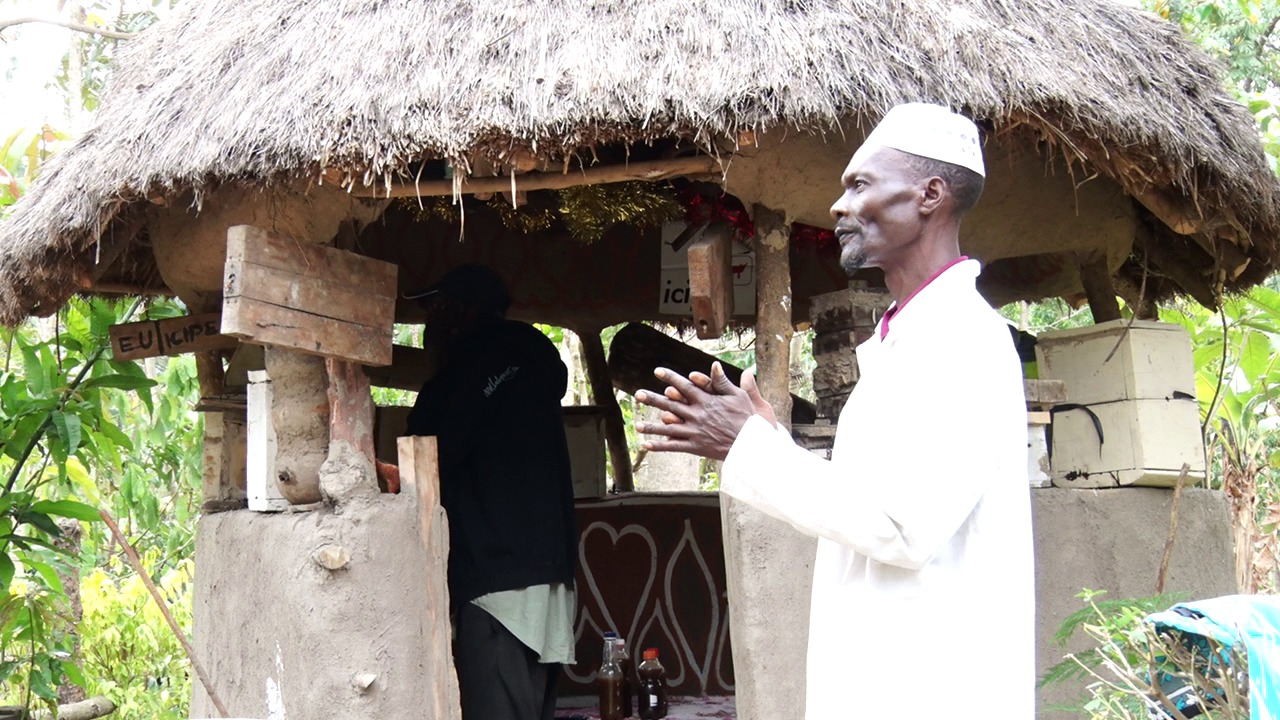Sorghum farmers and beer distributors in Homa Bay have petitioned legislators to shoot down a bill aimed at raising taxes on beer and spirits.
Through their association dubbed BAHLITA, Bar, Hotels and Liquor Traders Association), the farmers and liquor distributors lamented that if passed, the bill will impact negatively on the liquor market.
In the proposal contained in the Finance Bill 2022, the government intends to increase excise duty on beer by 10 percent, 20 percent on spirits and 25 per cent on locally manufactured glass.
They said the taxes will increase liquor prices which might reduce demand.
BAHLITA Treasurer in Homa Bay Stephen Odongo said they had received numerous complaints from consumers over the intended increase in the liquor prices.
“These taxes mean liquor prices will escalate. We will have very few people buying liquor from our business premises due to unaffordability,” Odongo said.
He argued that imposition of the taxes will force more Kenyans to turn to illicit liquor some of which is smuggled from neighboring countries.
“High alcohol prices will lead to high consumption of contraband alcohol which is unsafe for human health,” said Odongo.
He also faulted the government for proposing to introduce a tax of 25 percent on liquor advertisement saying it will dampen their marketing efforts.
“If the government increases the taxes as proposed, our industry will sink with ripple effects,” Odongo said.
Farmers growing sorghum in the county expressed concerns that imposing the taxes will lead to reduction of market for their produce.
Lazarus Otieno, a farmer, argued that beer manufacturing is the main market for their sorghum.
“The excise duty on the liquor will adversely affect us as sorghum farmers. We ask parliament to reject the taxation,” Otieno said.
Mary Odero, a farmer from Mbita Sub- County argued that sorghum farmers in Homa Bay County will be exposed to poverty.
“Our main source of livelihood has been fishing in Lake Victoria. But we resorted to sorghum farming after fish got depleted in the lake. Interfering with sorghum market will impoverish us,” Odero said.

